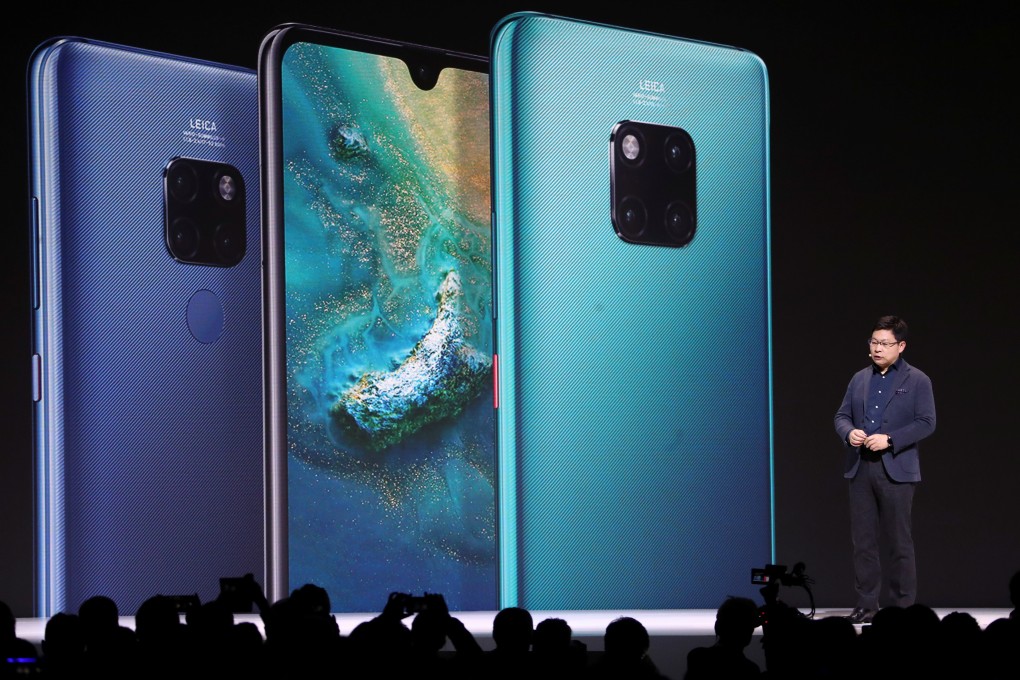Huawei delays sale of Mate 30 smartphones in Europe as trade ban bars access to Google apps, services
- The telecommunications equipment giant will promote its own Huawei Mobile Services ecosystem in lieu of Google’s

Huawei Technologies will delay sales of its newly launched Mate 30 smartphone series in Europe, the company’s biggest market outside China, because the handsets have no access to Google apps and services under a US trade ban.
The new flagship line – comprising 4G and 5G versions of the Mate 30 and the Mate 30 Pro – will start pre-orders in mainland China next week and will be available in Southeast Asia sometime next month, according to a Huawei spokesman late on Thursday after the product’s launch in Munich, Germany, on the same day. Huawei has set no timetable for the availability of the Mate 30 in Europe.
The Shenzhen-based company will promote its own Huawei Mobile Services (HMS) ecosystem, in lieu of Google’s own system, to support users of the Mate 30 series and the foldable Mate X, another 5G smartphone that will be released in China next month. It has also earmarked US$1 billion to provide incentives for HMS app developers.

“The lack of Google apps would dramatically reduce the value and usability of Huawei’s new smartphones outside China,” said Bryan Ma, vice-president of client devices research at IDC. “It’s not easy to create a new ecosystem either, especially if Google doesn’t port its apps over.”
